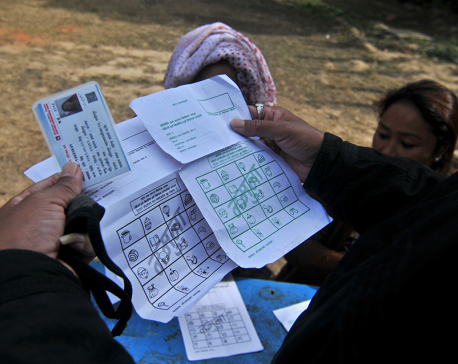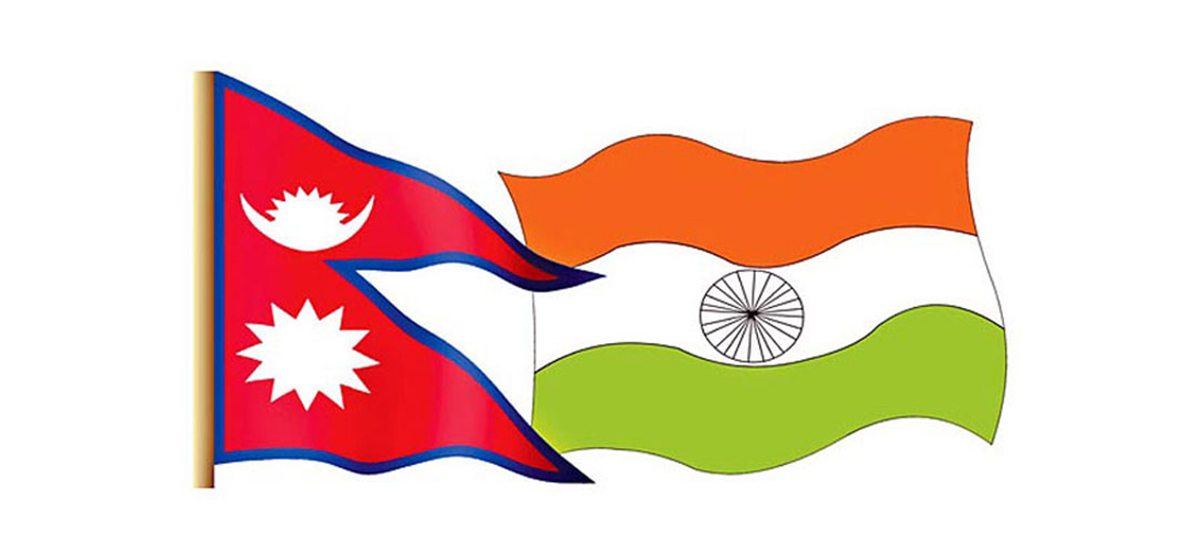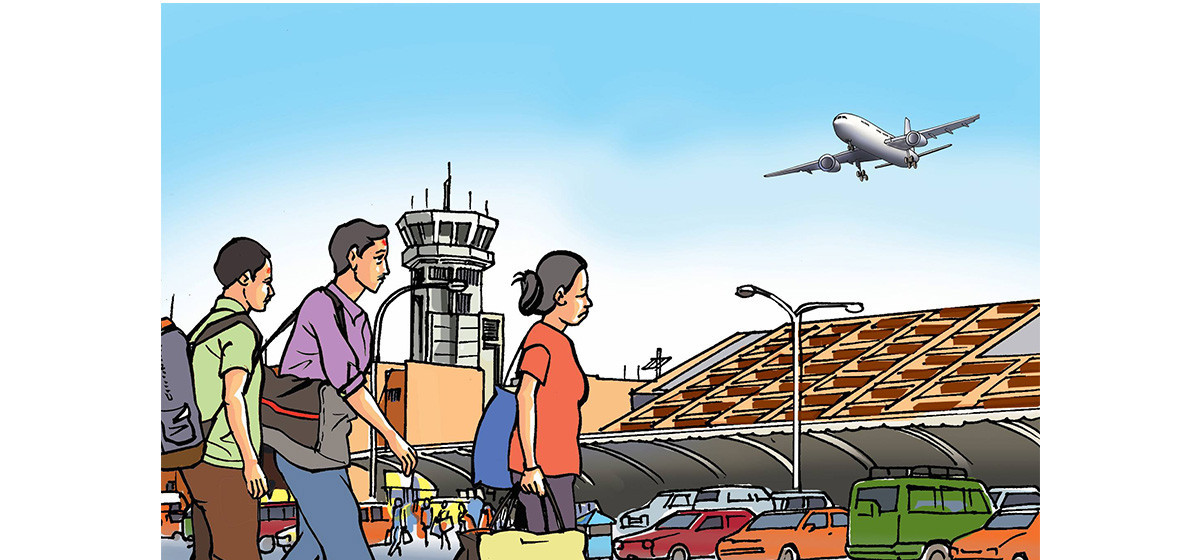
OR
Voters brave weather, defy threats
Published On: June 29, 2017 05:30 AM NPT By: Republica | @RepublicaNepal
KATHMANDU, June 29: The second phase of the local elections concluded successfully Wednesday with millions of voters turning up to cast their ballots defying bad weather and intimidation by some poll-opposing groups.
Polls were held in a total of 334 local units including a metropolitan city in 35 districts, including nine districts in the tarai, on Wednesday.
Except for some minor cases of violence, the voting took place in a largely peaceful atmosphere amid tightened security in all three provinces that went to the polls on the day, according to Nepal Police.
Stakeholders said Wednesday's polls recorded lesser number of violence than the first phase of the elections held on May 14.
The biggest surprise came from Province 5 and Province 1 where people voted with huge enthusiasm without any notable incidence of violence.
There was widespread fear of violence in the two provinces as Prime Minister Sher Bahadur Deuba's government had went on with its elections plans ignoring calls from the Rastriya Janata Party Nepal to postpone it until constitution amendment. Similarly, the Communist Party of Nepal (CPN) led by Netra Bikram Chand had also threatened to disrupt the polls.
However, voting was briefly halted at a few polling stations in Rolpa and Bajura of mid- and far-western Nepal following clashes between supporters of various political parties.
Voting was briefly suspended at a polling station in Rolpa after supporters of the CPN poured acid in a ballot box. Similarly, some disturbances were reported in one polling station each in Bajura and Bajhang districts following violent clashes between supporters of the Nepali Congress and the main opposition CPN-UML.
Security was beefed up at all polling stations, especially in the tarai districts and hills of mid- and far-western regions, in views of the threats from poll-opposing parties to disrupt the polls. According to the Ministry of Home Affairs, a total of 163,000 security forces were mobilized in 8,364 polling stations in 35 districts. Similarly, like during the pervious polls, Nepal Army personnel guarded the outermost security ring of the polling centers.
Though the poll-opposing parties, most notably the CPN planted some real and some hoax explosive devices in various polling stations to instill fear in voters and disrupt the polls, they could not succeed in their plans due to strong counter measures taken by security forces. In Tulsipur, one Nepal Police constable Durga Bahadur Rana saved many lives by throwing away bomb planted inside a polling station to a safe location. Soon after the reports emerged in the media, Home Minister Janardan Sharma praised Rana.
Though not a single death was recorded in poll-related violence, at least four elderly people died in separate polling stations in Palpa, Ilam and Udayapur. Though the exact cause of death remain unknown, police suspect it could be sudden cardiac arrest.
You May Like This

Voters brave threats to cast their ballot
KATHMANDU, Dec 8: The second phase of the parliamentary and provincial elections concluded successfully Thursday with millions of voters turning up... Read More...

Voters in a fix due to ineffective voter's education
SIRAHA, Dec 6: Ineffective voter education in rural, as well as urban areas of Siraha, as increased the fear of invalid... Read More...

Confused voters
On the eve of the second phase of local election scheduled for June 28, Republica has been holding regular interactions... Read More...



Just In
- Private sector leads hydropower generation over government
- Weather expected to be mainly fair in most parts of the country today
- 120 snow leopards found in Dolpa, survey result reveals
- India funds a school building construction in Darchula
- Exploring opportunities and Challenges of Increasing Online Transactions in Nepal
- Lack of investment-friendly laws raises concerns as Investment Summit approaches
- 550,000 people acquire work permits till April of current fiscal year
- Fixing a win by outlawing dissent damages democracy














_20220508065243.jpg)
Leave A Comment